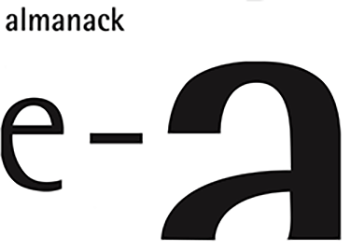Abstract
Institutional change in 1850 was the result of intense discussions within the Brazilian legislative bodies and collaterally it implied an erosion of banking funds, especially in the Rio de Janeiro market. The avoidance of currency threatened the effort to adjust the banking system during this period. The article attempts to identify the stance of those who were in charge of economic policies, how they behaved and its consequences to the 1860 legislation. The article tries to access the pursuit of monetary stability and the frustrations with its results, but also the subsequent reworking embodied in the Lei dos Entraves. Its sources are the Ministers of Finance's reports and the Proceedings of the Imperial Parliament. The article results from a broader research project that seeks to reconstruct the interplay between the policies spheres that dealt with monetary and banking issues.
Keywords:
political practices; legislation; trade; internal slave trade
